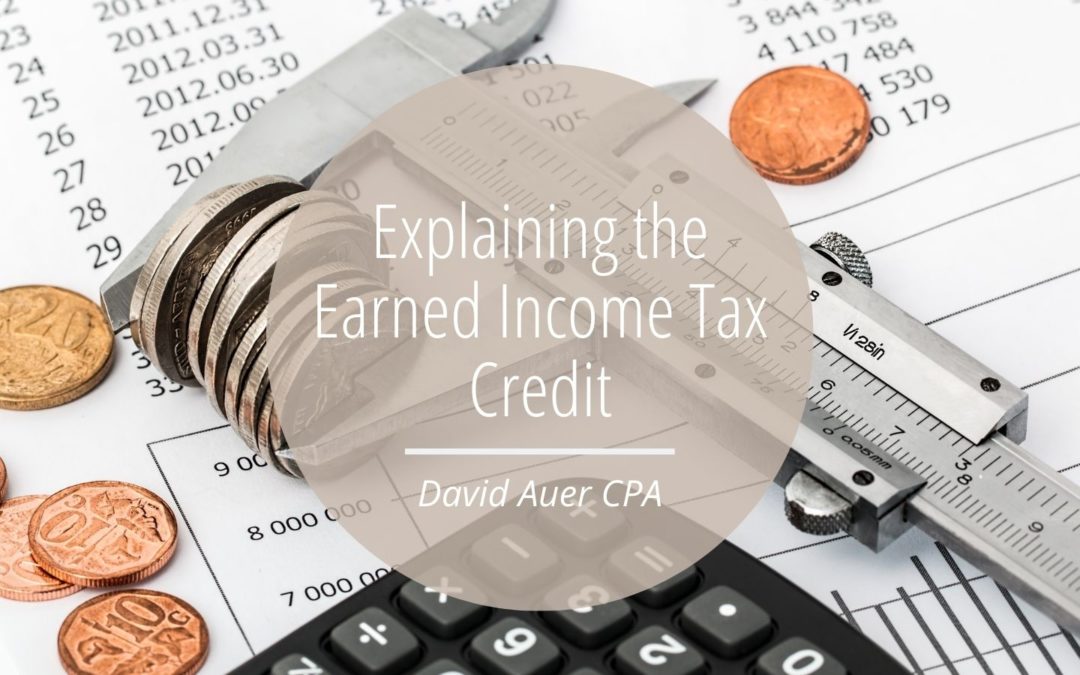Earned income tax credit (EITC) is a refundable tax credit designed to help support working Americans with low or moderate incomes. While it can help working individuals without kids, it is mainly intended to benefit working parents. Since the credit rate and maximum rate differ depending on a family’s size, families with more children may receive more extensive credits. Once the credits reach their full amount, they remain stable until the couple or individuals begin making more money, resulting in the credit lessening gradually.
How Do You Qualify?
The IRS’s EITC Assistant is an excellent way of determining whether you or your family is eligible to receive this credit or not. But if you wish to go a different route, there are other alternatives to finding out whether you qualify. First, you must be earning an income, whether from a job or from unemployment insurance benefits. You must also be a legal resident of the United States and have resided in the country for over six months in order to qualify.
If you’re applying as a couple, it is also expected that you file your taxes jointly. To be able to claim the credit, you must be making less than the EITCs decided income cap. In addition to these qualifications, you must also ensure you have a qualifying child if you wish to claim them. On the other hand, if you do not have children and are filing independently, you must ensure you are not being claimed as a dependent or qualifying child on anyone else’s tax return.
What Makes a Qualifying Child?
If your child is your own, there is no need to worry whether they will be qualifying. All adopted, genetic, step and foster children are included in this. If applicable, your sibling, niece, nephew, and grandchild are all included in this as well, as long as they are living with you and under your primary care and guardianship. However, they must fall within a certain age range. They must be younger than 19 or younger than 24 if they attend school full-time. It goes without saying that they must be younger than you.
If they do not meet the age requirements, there are exceptions made for those who were permanently disabled before the tax filing year. Additionally, qualifying children must have lived with you in the United States for at least six months and must have a valid social security number.
Earned income tax credit may seem tricky at first, but it is quite simple to get a grasp on once you’ve done it a few times. If you have any further concerns or wish to be walked through this process, don’t be afraid to ask questions about the EITC. It can never hurt to look up more information and be as educated on a topic as you can, especially when it comes to taxes.

